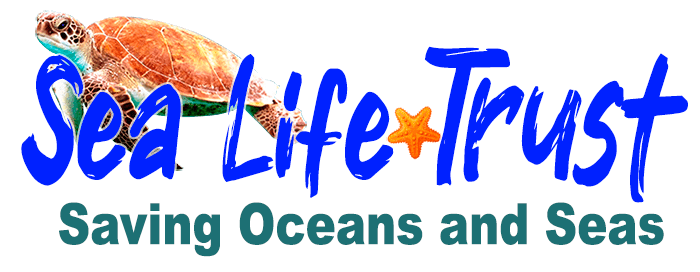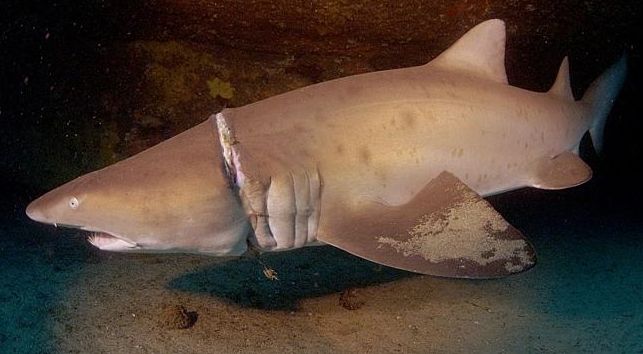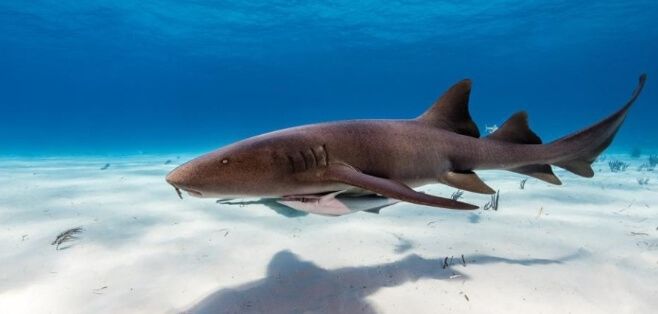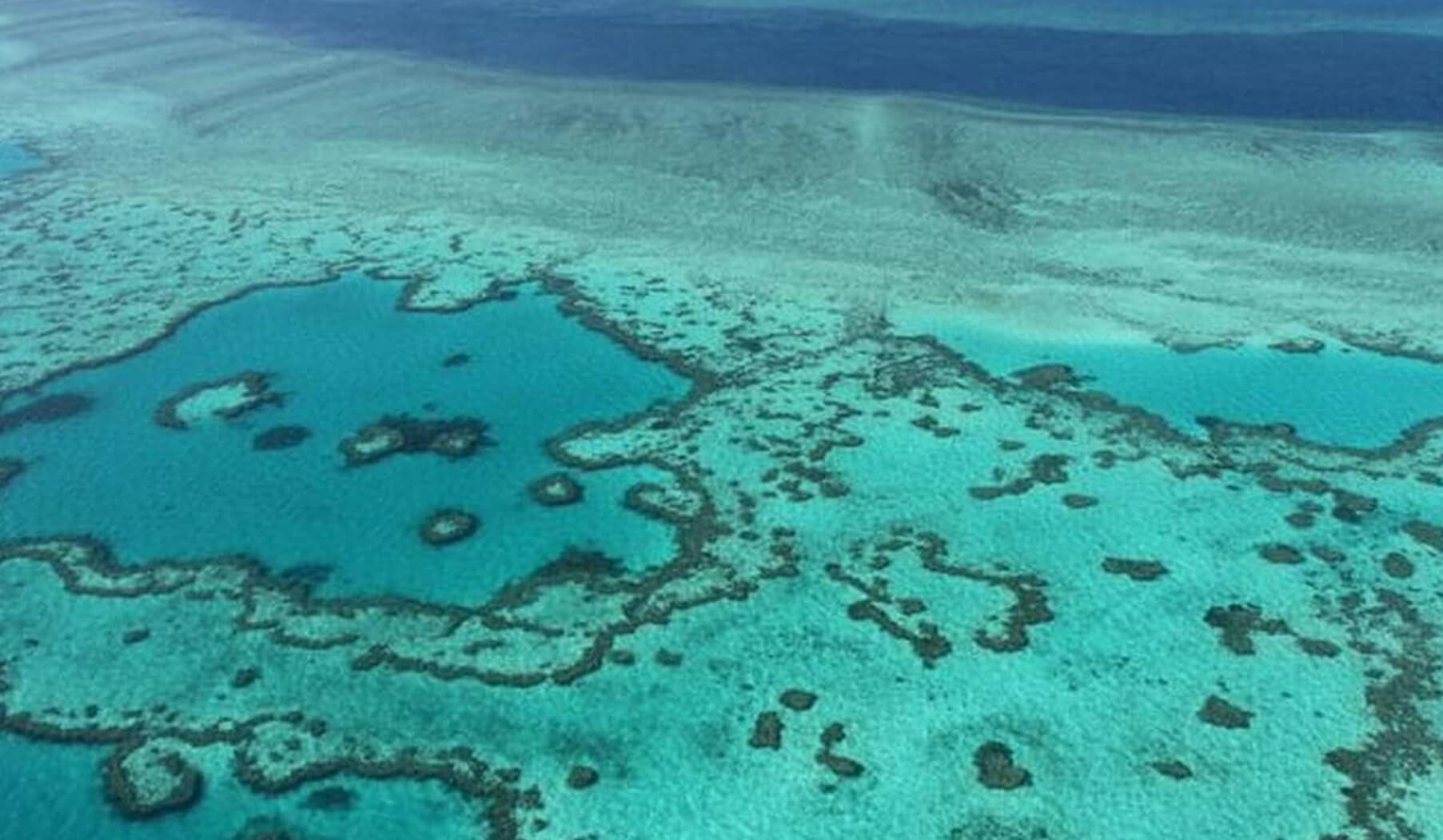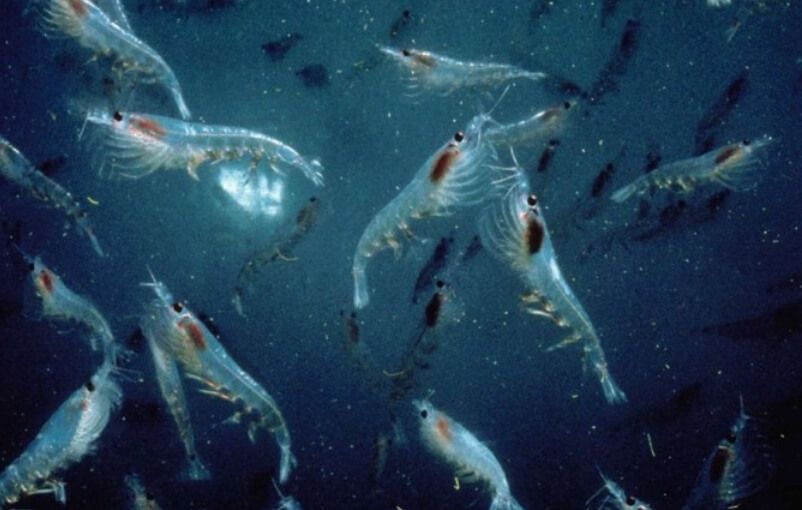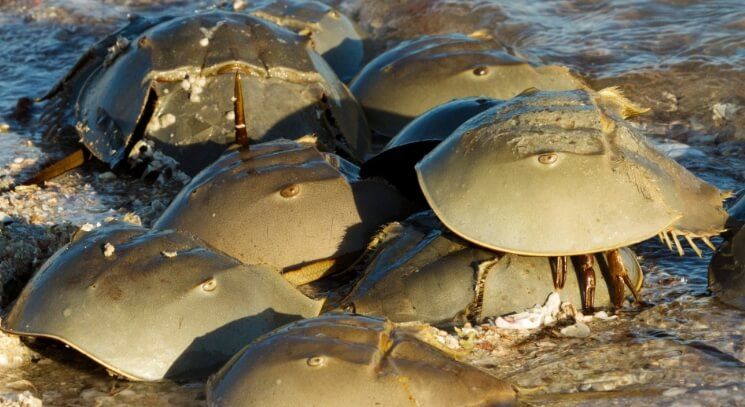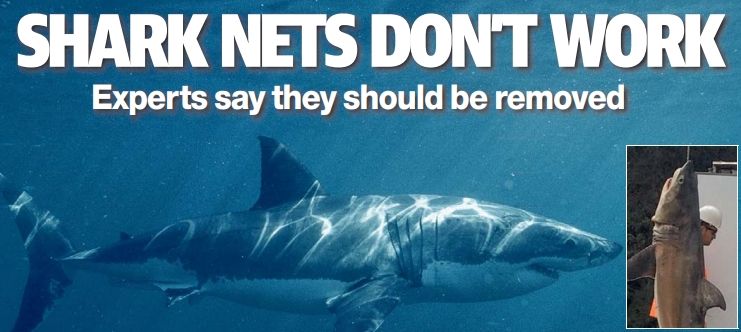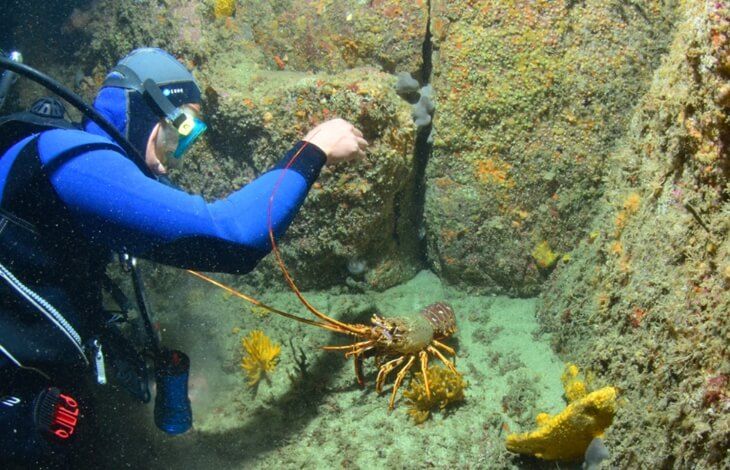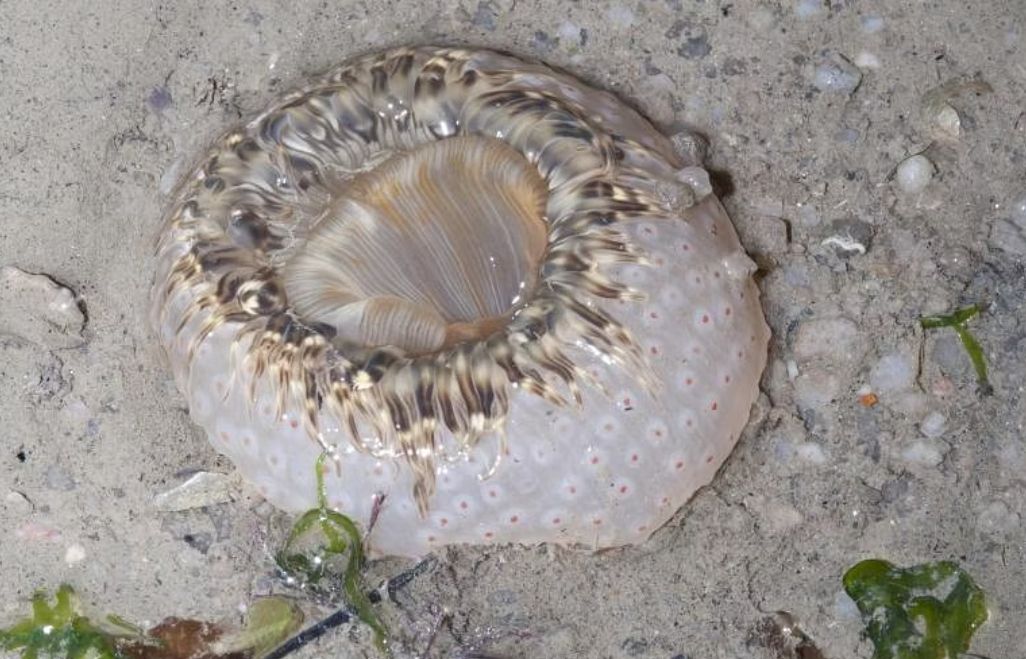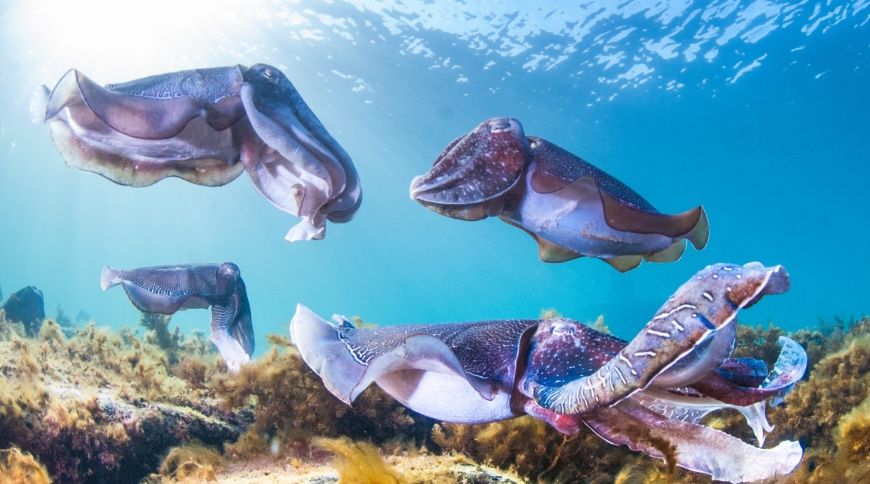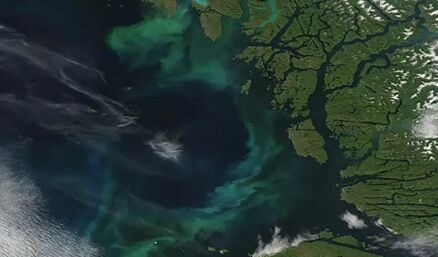SEA Life Sydney Aquarium staff are taking part in the Coogee Island Challenge to raise awareness about the issues surrounding shark nets and their impact on marine conservation.
Claudette Rechtorik, the conservation fund manager at Sea Life, highlighted concerns with the NSW Shark Meshing Program, stating that it does not serve the best interests of marine conservation or swimmer safety. The shark nets used in the program are not permanently set in the water and do not act as a complete barrier, as sharks can swim over and around them. Approximately 40 percent of shark entanglements occur on the beach side of the nets due to this limitation.
Moreover, shark control programs based on beach meshing and drum lines have resulted in the unintended capture and killing of numerous non-target species, including whales, turtles, dugongs, dolphins, and non-target sharks.
By participating in the Coogee Island Challenge, Sea Life aims to draw attention to the issue and raise awareness about the threats facing sea creatures. The funds raised from their swim will support their campaign against Western Australia’s controversial shark-baiting program.
Ms. Rechtorik stressed the need for a comprehensive review of shark control measures in Western Australia, as current practices lack scientific evidence to prove their effectiveness in increasing shark safety. She advocated for exploring alternatives, such as shark shields that emit electrical pulses to repel sharks, rather than resorting to lethal measures.
Sea Life’s involvement in the Coogee Island Challenge also serves as an opportunity to educate ocean swimmers about shark safety and the importance of preserving marine ecosystems.
In February, Sea Life staff demonstrated their commitment to marine conservation by rescuing an endangered grey nurse shark at Magic Point near Maroubra Beach. The 1.5m shark was entangled in an elastic bungee-type cord, and the prompt action of Sea Life staff ensured its release back into the ocean.
Together, Sea Life Sydney Aquarium staff continue to be proactive advocates for marine conservation, urging for sustainable practices that protect both sharks and the broader marine ecosystem.
